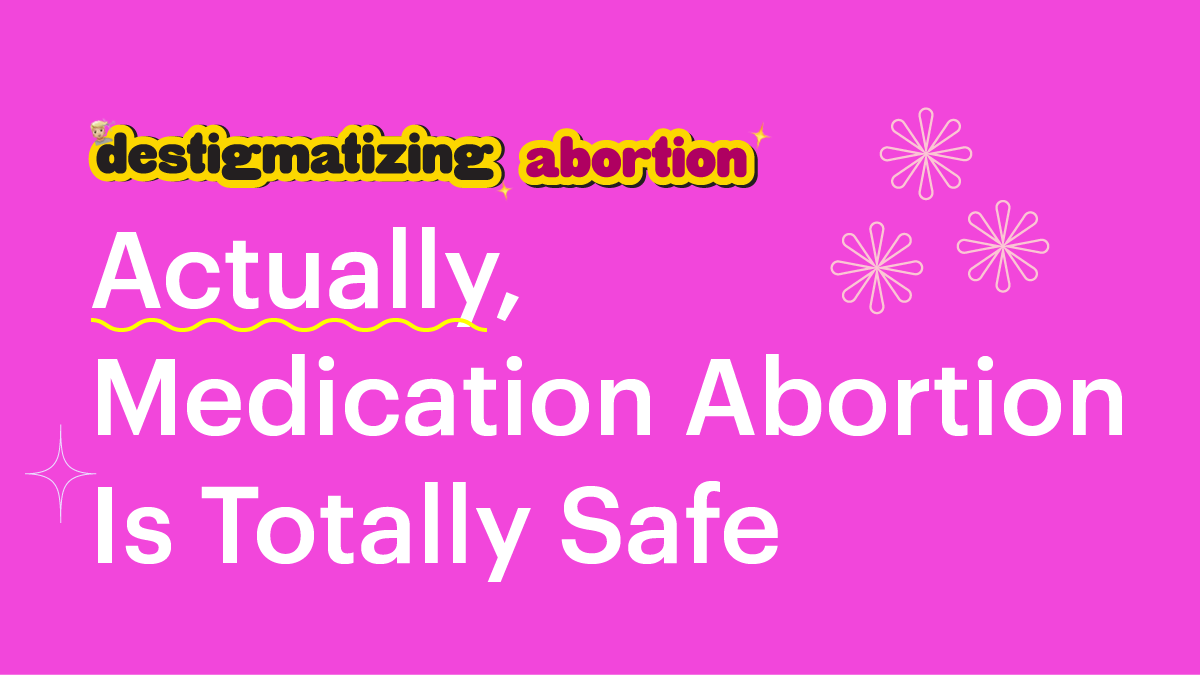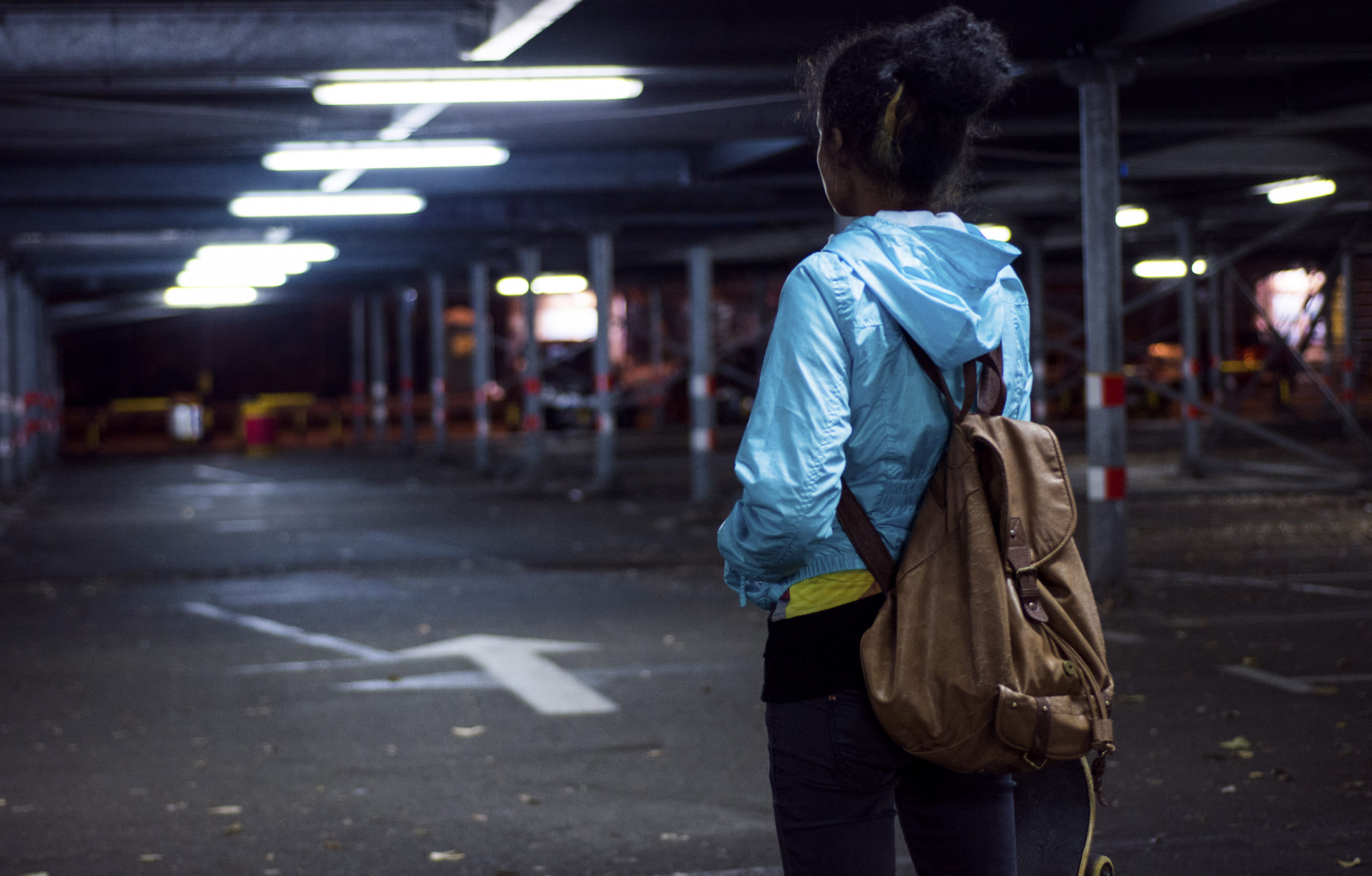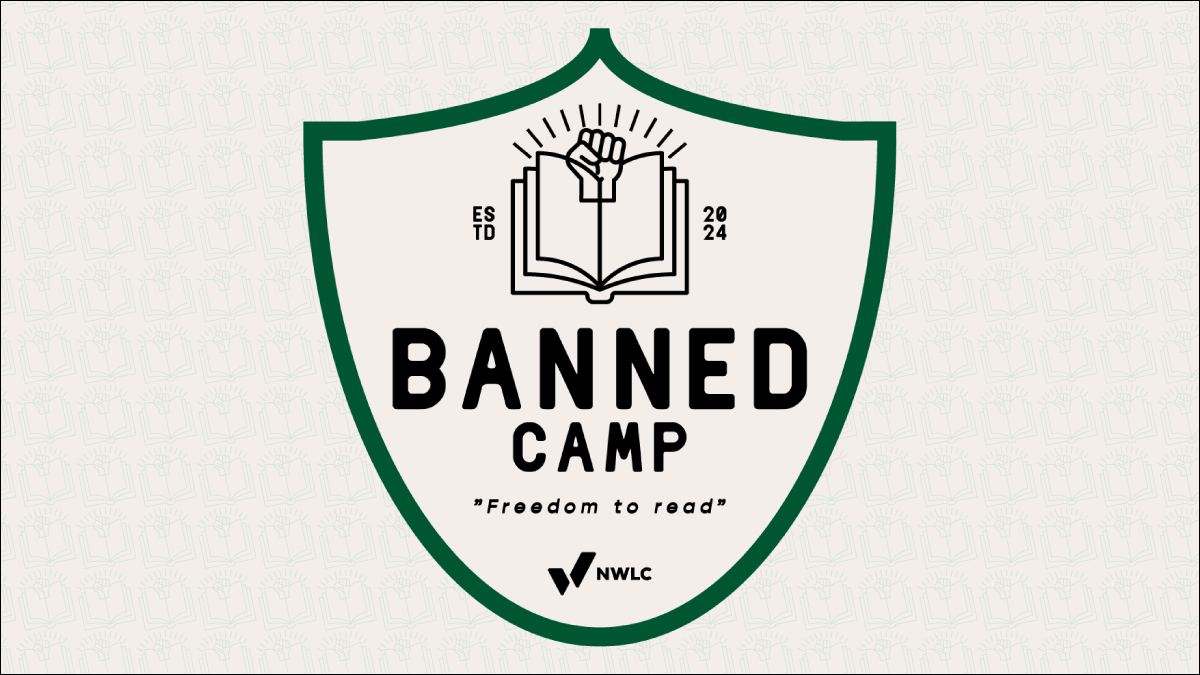Abortion rights, women of color, and LGBTQIA+ people are under attack. Pledge to join us in fighting for gender justice.
What the One Fair Wage Fight Really Means for D.C.
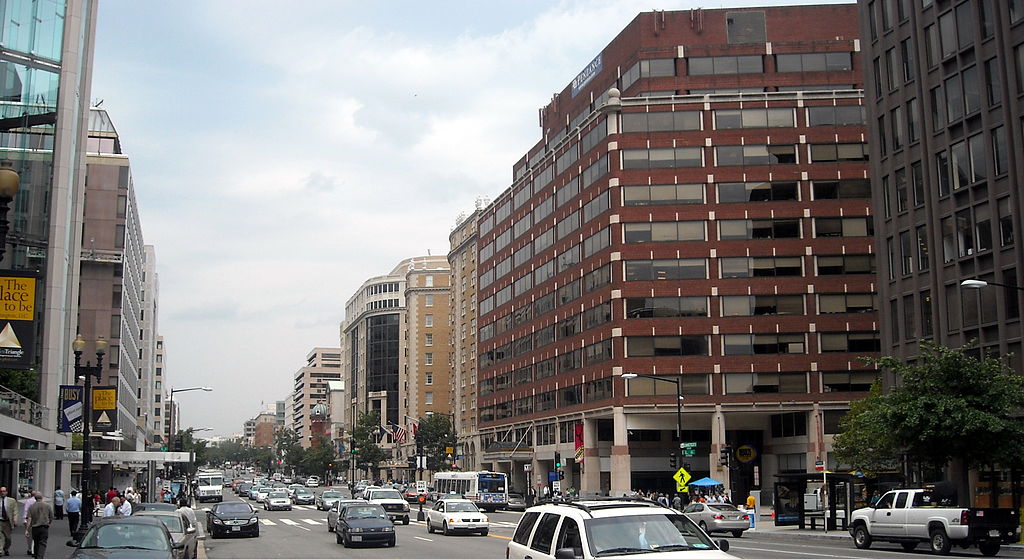
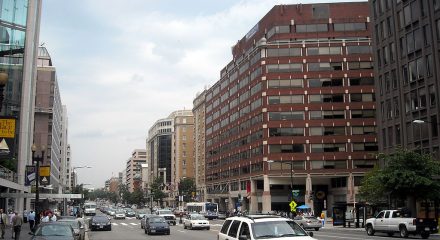 Federal law, and the law in most states, allows people who work for tips to be paid a lower minimum wage than the rest of us. In Washington, D.C., that number is $3.33/hour. The minimum wage in D.C. is $12.50. If you make less than the minimum wage after tips, your boss is supposed to make up the difference. But we know that tipped workers often do not make minimum wage – and workers in the food and drink industry in particular are more likely to suffer from minimum wage violations than people working in other industries. Initiative 77, a measure on the June 19th primary ballot in D.C. would close the gap between tipped and non-tipped workers by 2026, and bring One Fair Wage to the District.
Federal law, and the law in most states, allows people who work for tips to be paid a lower minimum wage than the rest of us. In Washington, D.C., that number is $3.33/hour. The minimum wage in D.C. is $12.50. If you make less than the minimum wage after tips, your boss is supposed to make up the difference. But we know that tipped workers often do not make minimum wage – and workers in the food and drink industry in particular are more likely to suffer from minimum wage violations than people working in other industries. Initiative 77, a measure on the June 19th primary ballot in D.C. would close the gap between tipped and non-tipped workers by 2026, and bring One Fair Wage to the District.
The local debate over One Fair Wage has become incredibly heated. Opponents of the initiative, backed by the national restaurant lobby, say this higher wage will force D.C. restaurants to close and that workers will lose money. The truth is this: waiters, waitresses, and bartenders in the eight states that already have One Fair Wage earn 17 percent more per hour (including both tips and base pay) than their counterparts in states that have the $2.13/hour tipped minimum cash wage set by federal law. There is no evidence that net hourly earnings go down, such as from customers tipping less, when tipped workers are paid the regular minimum wage.
Not only that, research we have conducted at the National Women’s Law Center shows that, relative to states with a $2.13 tipped minimum wage, women working in tipped jobs in One Fair Wage states experience lower rates of poverty and smaller wage gaps.
The restaurant industry likes to argue that D.C. is special, and that tipped workers here make plenty of money. I am sure that is true for some. But tipped work is overwhelmingly low-wage work in D.C. The median hourly wage of wait staff in the district in May 2017 was only $11.86, including tips – a measly 36 cents above the minimum wage at the time.
Fears that D.C.’s restaurant industry will tank are overblown. In One Fair Wage states, the restaurant industry is thriving. In fact, recent data show that in these states, both the number of full-service restaurants and the number of restaurant jobs in have grown more than in states with a separate, lower minimum wage for tipped workers.
And if you think that all restaurant workers oppose Initiative 77 – that is just simply not true.
One Fair Wage is About More Than Tips
Women are just over half of tipped workers in D.C. and almost three-quarters of tipped workers here are people of color—and when NWLC crunched the numbers, we found that both women and people of color in tipped jobs in the District face a poverty rate that is close to four times higher than the rate for the workforce overall. Women who work in tipped occupations also face higher rates of sexual harassment than in other industries. And all of these statistics are linked to the unfair, two-tiered minimum wage system that can be traced back to the days of slavery and the systematic exclusion of people of color from basic labor standards.
Fittingly, June 19th is not only the D.C. primary election; it is also Juneteenth, a holiday celebrating the anniversary of Emancipation Day for enslaved African Americans throughout the southern United States. The practice of tipping was brought back to the United States by travelers who adopted it from rich European aristocrats, and after the Civil War, businesses embraced it as a way to avoid having to pay wages to newly freed slaves. Because of racism and sexism, tipped, domestic and agricultural workers – black and brown workers – were (among others) left out of the original minimum wage laws in 1938. Tipped workers had no minimum wage at all until 1966. And that’s why One Fair Wage is not just about tips – it is about taking a vitally important step toward truly equal treatment under the law for the women and people of color who make up most of the tipped workforce in the District.
It’s also about ensuring that people working for tips have a paycheck they can depend on even when they have a slow week, and making them less vulnerable to the sexual harassment that is far too often a part of the job when practically your entire income depends on the whims of your customers. As we know all too well from the #metoo movement, sexual harassment affects women in every kind of workplace setting and at every level of employment, but it is a particularly pervasive problem in the restaurant industry. Equal Employment Opportunity Commission (EEOC) data reveal that workers in the accommodation and food service industry—mostly women—filed more sexual harassment charges than in any other industry between the years 2005 and 2015. Reliance on tips creates strong financial incentives to tolerate harassment from customers—an incentive that is diminished in the states that have already adopted a One Fair Wage system, where survey data show that tipped workers experience less sexual harassment.
Initiative 77 Is Just the Start
We know that even as D.C.’s minimum wage rises to $15/hour by 2020, it will be hard for anyone to make ends meet earning the minimum wage in a city with a tremendously high cost of living. And while we wish that all working people made enough to live on purely through a base wage, until that point comes, tipping is one way that workers can actually make good money in a growing industry that has relatively low barriers to entry. So we aren’t calling on D.C. restaurants to abolish tips on June 19th. And Initiative 77 does not change the way tipping works in D.C. – at all. What we are calling for is a fair minimum wage for all tipped workers in D.C. – not just restaurant workers, but nail salon workers, parking attendants, and others.
Some argue that a higher tipped minimum wage isn’t what is most needed for restaurant workers and bartenders in particular; rather, we should be focusing efforts on enforcement of existing laws – or working towards a union, or providing addiction counseling or other much-needed health benefits in the industry. And to those folks I say – yes – bring it on. Let’s improve the industry in every way we can.
But on June 19th, we will be celebrating Juneteenth and heading to the polls to vote yes on Initiative 77.


